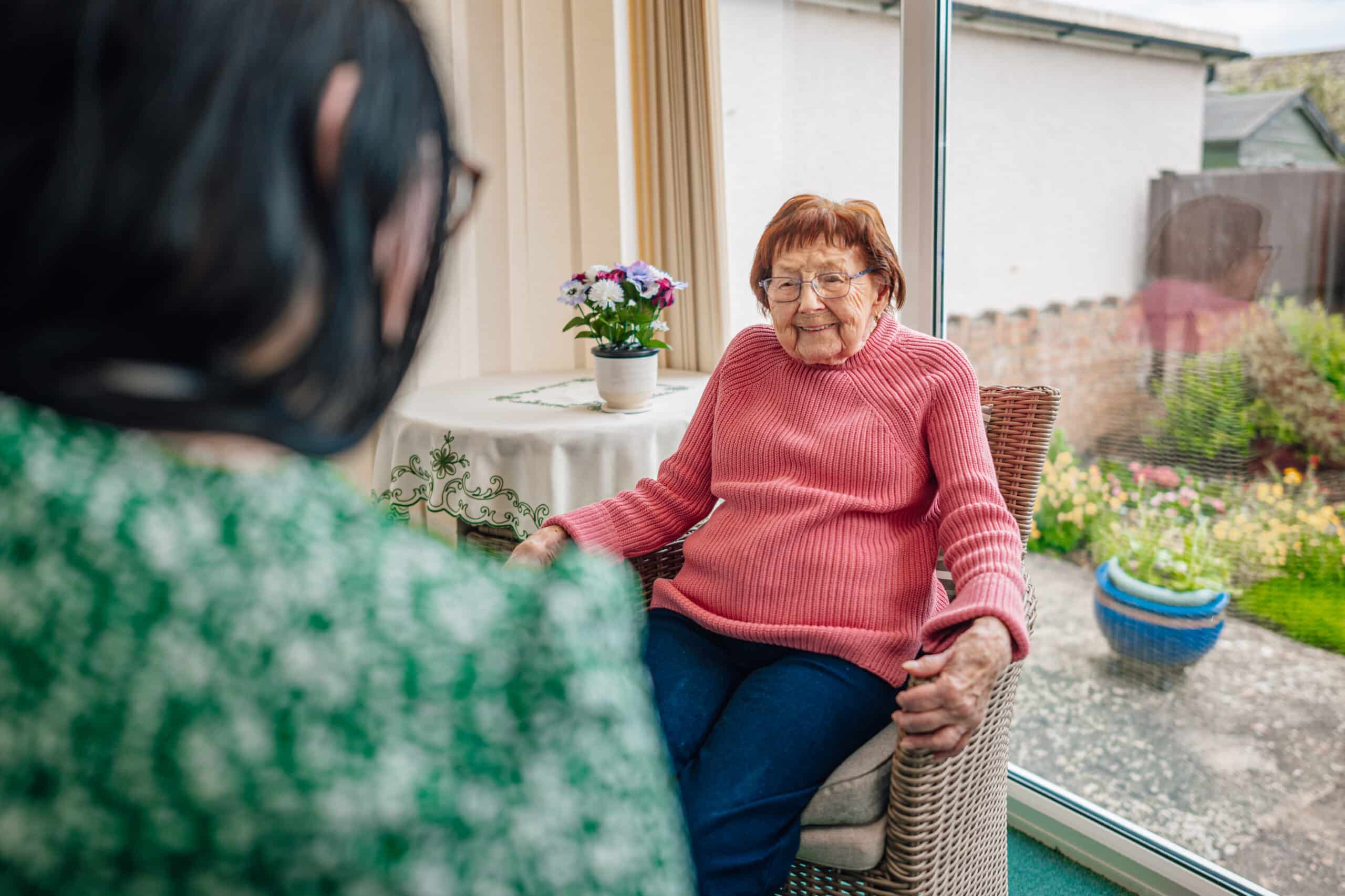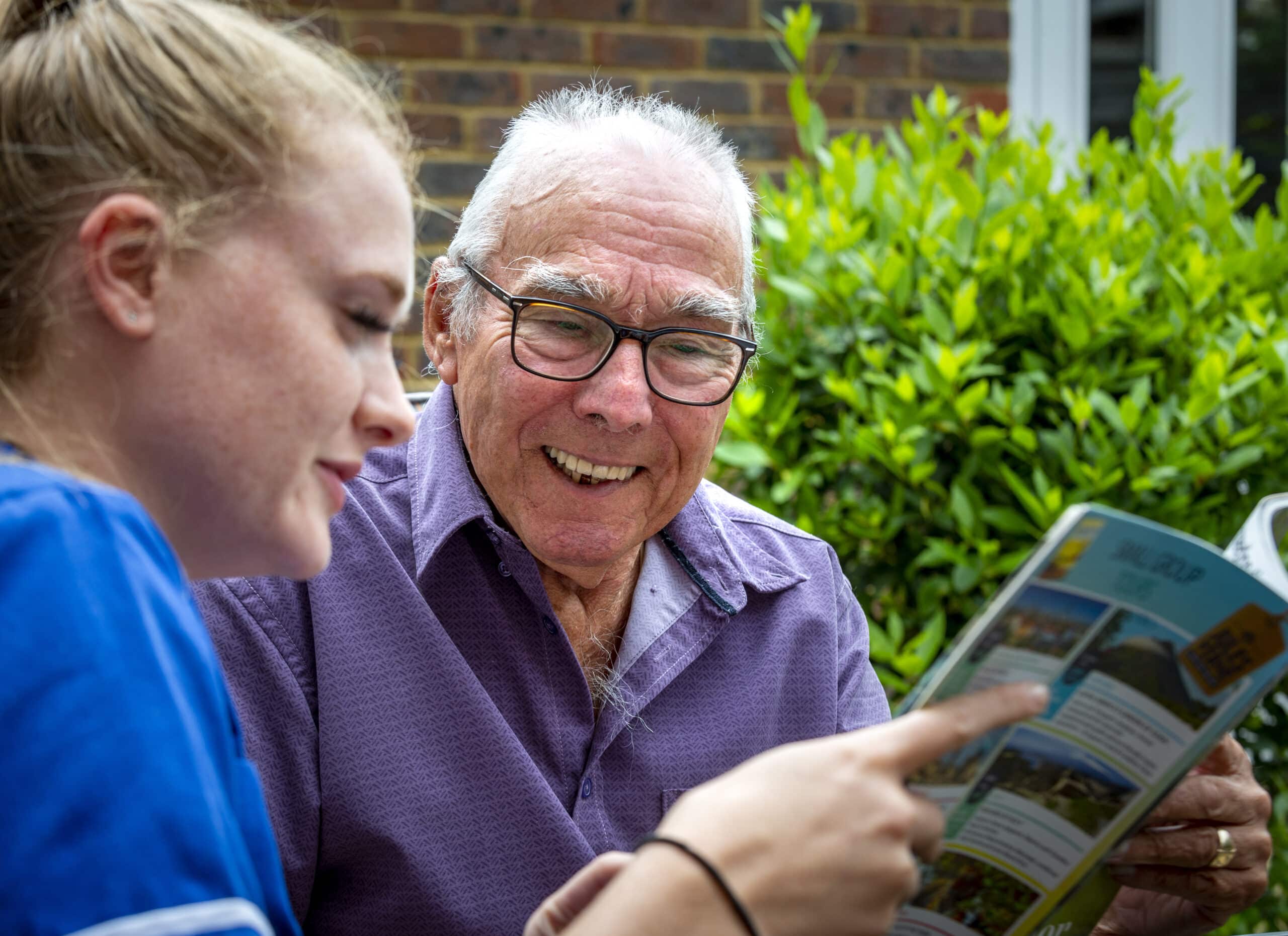Difference Between Palliative Care and End-of-Life Care

At Caremark, we know how important it is to understand the difference between palliative care and end-of-life care. Both services aim to enhance quality of life, but they serve distinct stages and needs. Palliative care starts from diagnosis. It focuses on relieving symptoms and providing ongoing support. In contrast, end-of-life care services are for those nearing the end of their journey, prioritising comfort and dignity. This guide helps you navigate these options with confidence and clarity.
What is Palliative Care?
Palliative care is focused on enhancing comfort and quality of life for individuals living with severe health conditions. It addresses not only physical symptoms but also emotional, social, and spiritual needs. Whether you have cancer, heart failure, or another serious illness, palliative care can start at any stage and work alongside treatments for the illness. At Caremark, our personalised approach ensures that you and your family receive the support you need, at home, surrounded by those you love.
Our Care Assistants work with families and healthcare providers to deliver the highest standard of palliative care. We focus on making life more comfortable, so you can spend your time doing what you love.

What is End-of-Life Care?
End-of-life care is a compassionate service focused on providing peace and dignity for those in the final stages of a terminal illness. The aim is not to cure but to ensure comfort and quality of life. It helps individuals to spend their remaining days in the way they wish.
Typically, end-of-life care services begin when a terminal diagnosis is made. This care can be provided in various settings, including hospitals, hospices, or at home. At Caremark, we respect wishes and work closely with families to provide a thoughtful and dignified experience. Our Care Assistants are here to offer support, guidance, and a kindness, ensuring you feel safe and respected at every step.
Is Palliative Care the Same as End-of-Life Care?
Many people wonder if palliative care is the same as end-of-life care, but they actually serve different purposes. Palliative care is a broad approach that can start at any point during a serious illness. It helps with managing symptoms and improving quality of life. It’s about providing ongoing support, whether or not curative treatments are being pursued. End-of-life care, however, is specifically for those nearing the end of their life. It focuses on comfort and dignity.
At Caremark, we understand these differences and tailor our care plans to fit your unique situation. Our goal is to provide compassionate support that aligns with your preferences. Our goal is ensuring that you feel valued and understood throughout your care journey.

Who Provides Palliative and End-of-Life Care?
At Caremark, we believe in a team approach to providing the best palliative and end-of-life care services. Our dedicated Care Assistants work alongside doctors, nurses, and social workers to create a supportive environment that meets all your needs. We’re here to manage symptoms, offer emotional support. We ensure clear communication so you and your family always feel informed and involved.
Our focus on family collaboration means that we respect your wishes as well as your values. We provide a comprehensive care plan that feels just right for you. With Caremark, you’re not just a customer; you’re part of our family. We’re committed to caring for you with the kindness, trust, and professionalism you deserve.

How Caremark Can Help
At Caremark, we provide high-quality, professional care that empowers individuals to live their best lives. Our kind and trustworthy care assistants are key to the tailored care we provide. Our customers are at the heart of everything we do, so we strive to support every one of their needs in managing their conditions.
Would you like to learn more about the care services we provide? Get in touch and discover how we can support you or someone you love. From respite care to end-of-life care, we are here to help.